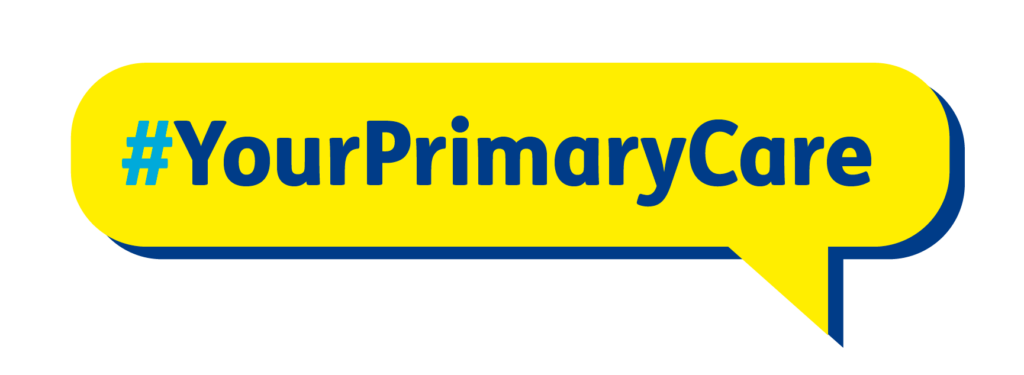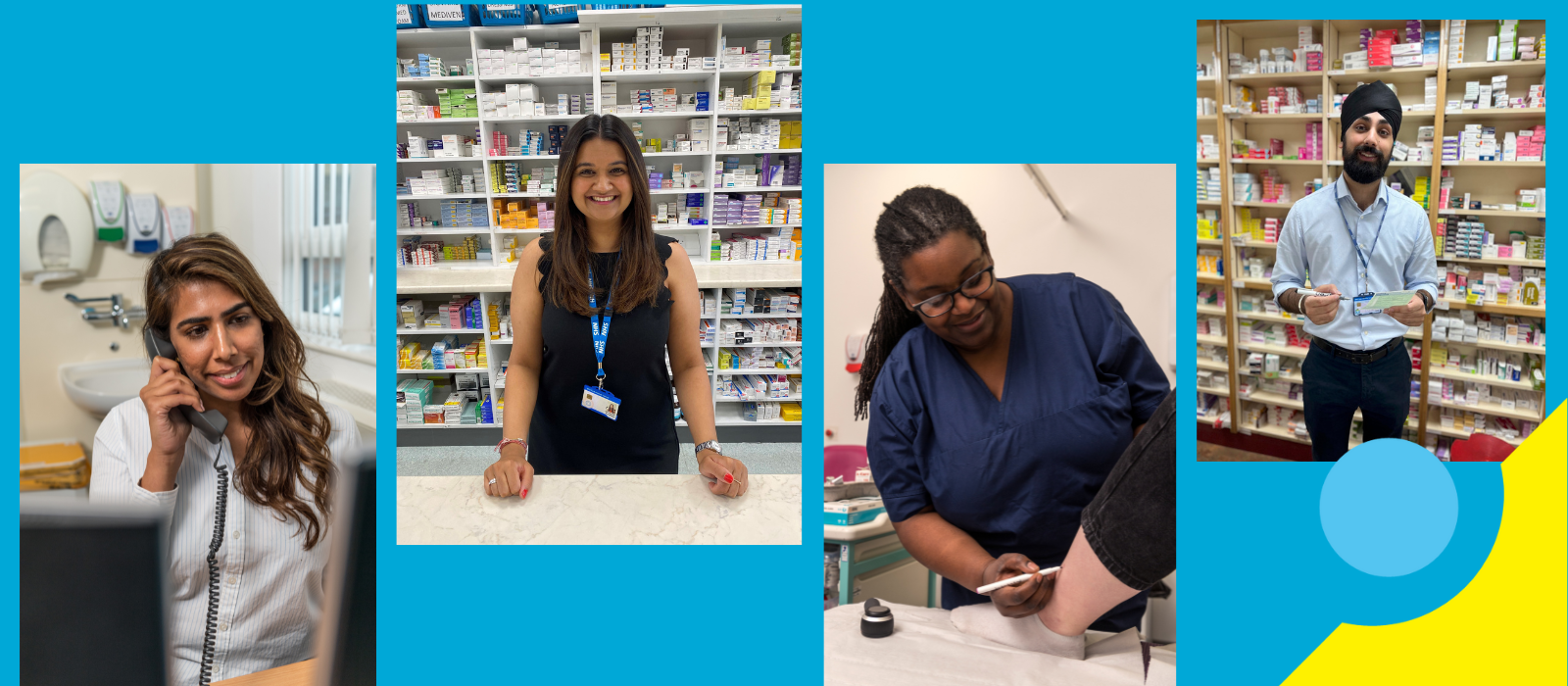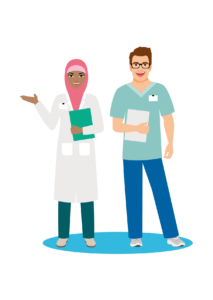As the new year approaches, we are encouraging smokers across South East London to make January the month they quit for good, and to do it with support. Evidence shows that people are three times more likely to stop smoking successfully when they receive help from a trained professional or a dedicated stop‑smoking programme, compared with […]
Primary care is the day-to-day healthcare available in every local area and the first place people go when they need health advice or treatment. It’s the first stop for symptoms that are new or for concerns about physical or mental health.
Primary care professionals such as GPs, practice nurses and community pharmacists, look after the basics of care, focusing on preventing illness, making diagnoses (working out what the problem is), and treating conditions that don’t need hospital care. As they’re usually the first professionals people go to see when they’re unwell or hurt, they’re considered ‘primary’ or the ‘first front door’ of the NHS.
Primary care provides an easy, accessible route to care, whatever the patient’s concern – whether it’s a common minor illness, a long term condition, or to prevent future ill-health through health checks, immunisation (injections) and screening programmes (such as cervical screening).
In the NHS, the main source of primary health care is general practice – going to see the family or local doctor at your GP surgery. GPs and their teams deal with a broad range of physical, mental and emotional problems. As well as finding out what’s causing a person’s symptoms, GPs and their teams also act on behalf of the patient as an advocate (support), making sure that people who are living with health problems get all the care they need. Depending on the health problem, patients may be referred (passed on) by a primary care clinician to hospital or to another specialist.





